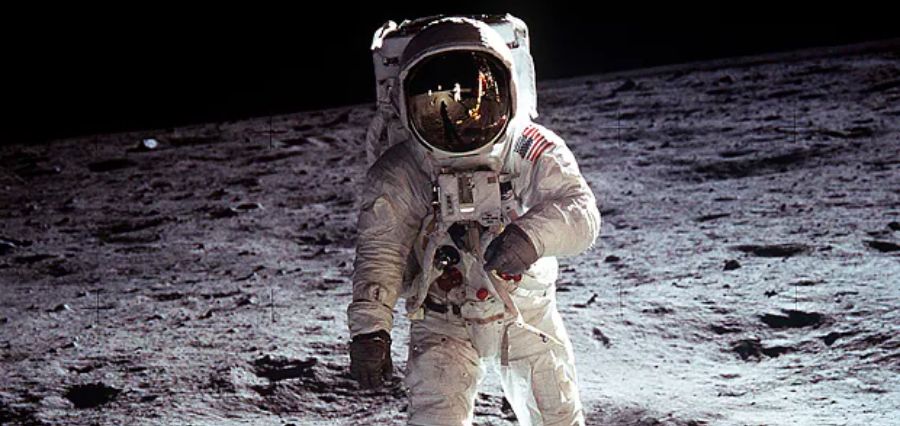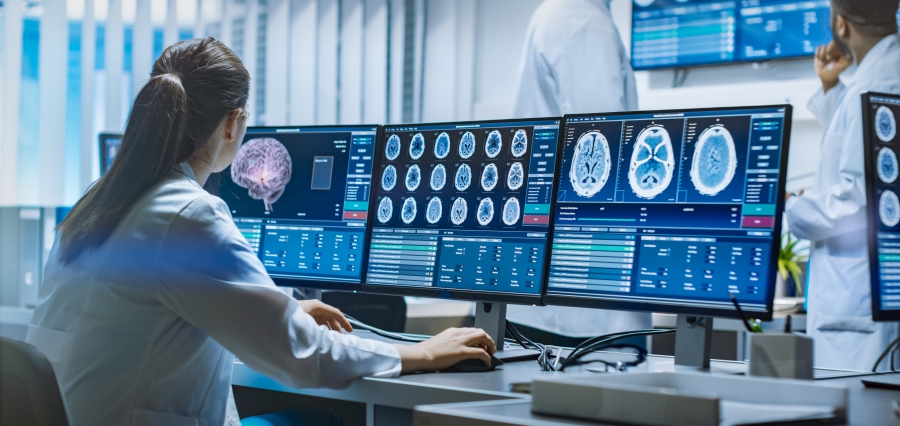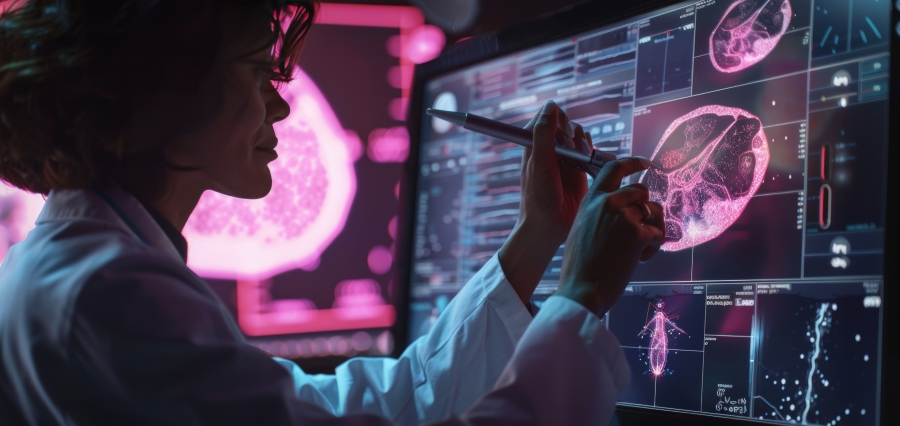Prime Highlights:
- NASA identifies serious health issues of spaceflight astronauts engaged in long-duration space travel and that are loss of muscle mass, vision problems, radiation, and effectiveness of medications.
- NASA is pushing research at a faster pace to create human survival technologies for long-duration missions to the Moon and Mars.
Key Facts:
- Astronauts lose 1–1.5% bone and 20% muscle mass each month when traveling in space.
- Nearly half of pharmaceuticals will have a higher probability of malfunction under long-duration missions and therefore pose treatment issues.
Key Background:
Body effect of microgravity
In microgravity, the human body decays at increasingly high speeds. Muscles weaken from disuse and bones lose mass at a many times higher rate on orbit than on Earth—up to 1.5% per month. They not only weaken the astronauts but decrease cardiovascular capability, creating dizziness and loss of balance upon Earth return. The astronauts combat it by performing high-intensity two-hours-a-day resistance training and aerobics.
Vision and Brain Change
The most egregious of concerns occurred in the past few decades, the most egregious being probably Spaceflight-Associated Neuro-ocular Syndrome (SANS). Fluid entry into the head increases intracranial pressure, flattens the eyes, and skews vision in SANS. Structural brain change as seen on MRI scans involves widened ventricles and upward brain mass migration, some lasting months after Earth return.
Radiation and Isolation Hazards
Outside the magnetic bubble of Earth, space travelers are exposed to lethal levels of cosmic radiation. Cancer risk, cardiovascular disease, and nerve damage rise. Sleep loss, prolonged confinement, and delayed messages also contribute to psychological stress. Most medications that have been launched to space have also been discovered to degrade or lose potency before reaching their window of intended application, a critical issue with going to Mars.
Emerging Health Threats
NASA also discovered new potential health hazards such as blood clotting and disease due to immunocompromised ultra-clean space. There is further evidence now that reduced microbial exposure may lead to inflammatory processes, which deteriorate the health of the astronauts in the long term. Reintroduction of normal bacteria, stabilizing medications, and enhanced monitoring systems are under study in existing research to allow long-term missions and human settlement off Earth safely.









